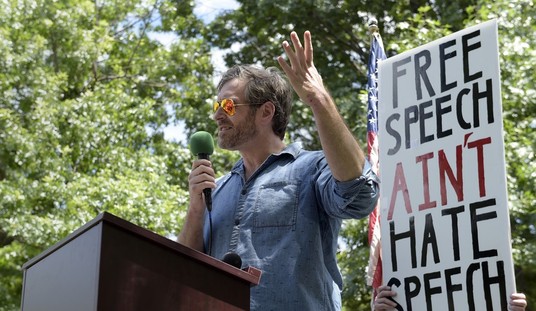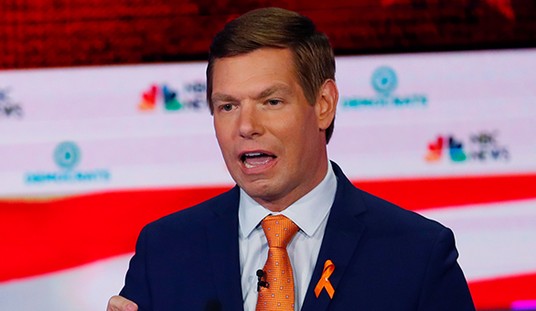WASHINGTON — In his first official press briefing today, White House press secretary Sean Spicer indicated that the new administration was pumping the brakes for now on at least one policy move that had been expected.
President Trump frequently said on the campaign trail that he would follow the 1995 act of Congress requiring that the U.S. Embassy be moved from Tel Aviv to Jerusalem. “We will move the American embassy to the eternal capital of the Jewish people, Jerusalem,” he told the American Israel Public Affairs Committee in March.
The embassy was supposed to be relocated by 1999. Presidents have used national security waivers every six months, though, to delay the move.
The White House said Trump and Israeli Prime Minister Benjamin Netanyahu spoke by phone Sunday, and the prime minister was invited to the Oval Office next month, but the readout of the call did not indicate whether they discussed an embassy move.
“The president emphasized that peace between Israel and the Palestinians can only be negotiated directly between the two parties, and that the United States will work closely with Israel to make progress towards that goal,” said Spicer’s office.
Today, Spicer told reporters “there’s no decisions” on relocating the embassy as “we’re at the very early stages of that decision-making process… and his team’s going to continue to consult with stakeholders as we get there.”
Pressed on whether the move would happen in Trump’s four-year term, Spicer reiterated that no decision has been made.
“There’s a reason you go through a decision-making process. And that’s what we’re in the process of starting right now. So, I just don’t want to get ahead of — it would — if it was already a decision, then we wouldn’t be going through a process,” he said.
In his final press conference last week, former President Obama warned that “sudden, unilateral moves …that speak to some of the core issues and sensitivities of either side, that can be explosive.”
“And what we’ve tried to do in the transition is just to provide the context in which the president-elect may want to make some of these decisions,” Obama said. “…If you’re going to make big shifts in policy, just make sure you’ve thought it through, and understand that there are going to be consequences, and actions typically create reactions, and so you want to be intentional about it. You don’t want to do things off the cuff when it comes to an issue this volatile.”
Jordan and the Palestinian Authority have been among those warning the White House that bilateral relations could be threatened if the administration proceeds with the embassy move.
“Any statement or position that disrupts or changes the status of Jerusalem is a red line which we will not accept,” Palestinian President Mahmoud Abbas said earlier this month, calling on Trump to visit the Palestinian territories.
Spicer said Trump spoke with Egyptian President Abdel Fattah el-Sisi today about “ways to deepen the bilateral relationship and support Egypt’s fight against terrorists and bolster Egypt’s homegrown historic economic reform program.”
Egypt has cautioned against moving the embassy, calling it a final status issue. Spicer did not indicate if Trump and el-Sisi discussed the embassy, but said the president “underscored the United States remains strongly committed to the bilateral relationship, which has helped both countries overcome challenges in the region for decades.”









Join the conversation as a VIP Member